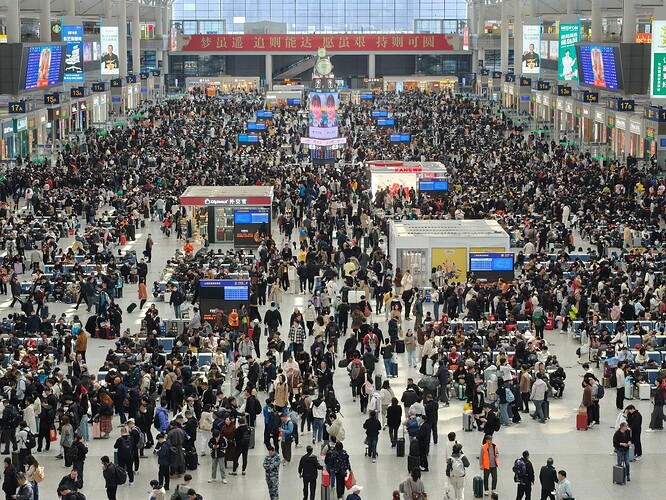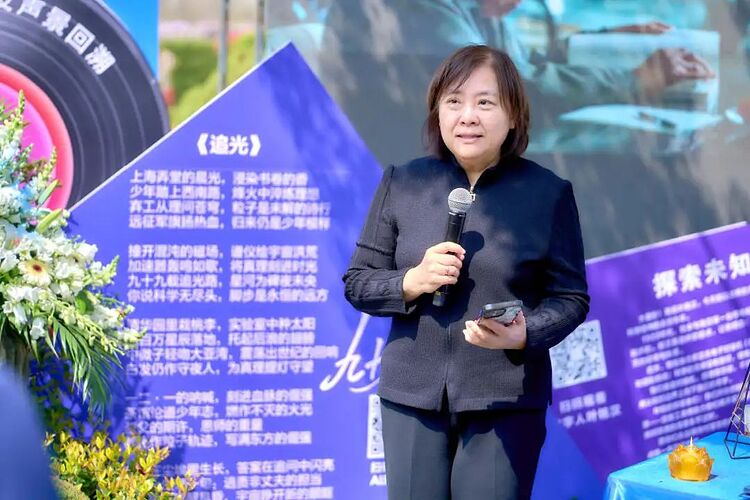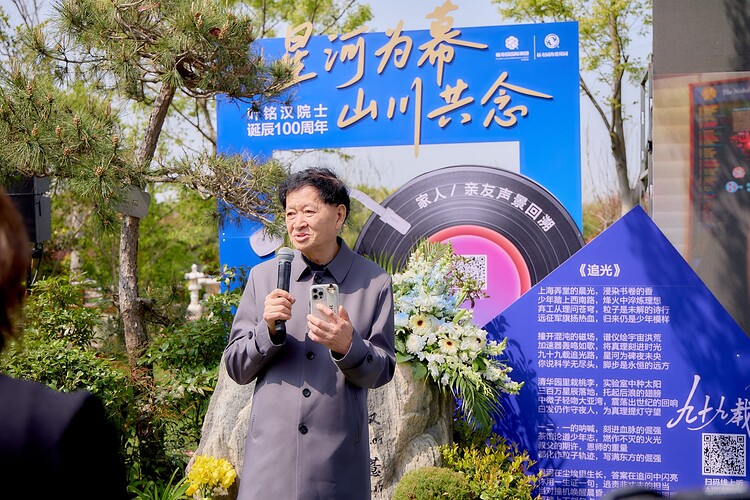The Hongqiao Railway Station is overcrowded on Friday.
Attention! The railway network of the Yangtze River Delta region is experiencing a peak in passenger traffic during the Qingming Festival holiday, with an expected 4.1 million passengers transported on Friday.
This represents an increase of 365,000 passengers, or approximately 9.8 percent, compared to the same period last year, and is anticipated to set a new record for single-day passenger volume, according to China Railway Group.
The holiday has fueled a surge in “spring tourism” across the region. Ancestral worship and spring outings have intertwined with family visits, tourism, and business travel, leading to a significant increase in railway passenger demand.
Rail staff have enhanced transportation capacity on key routes. This includes direct services to cities such as Beijing, Guangzhou, Fuzhou, Nanchang, Changsha, Hankou, and Zhengzhou, as well as services within the region connecting popular tourist destinations like Shanghai, Hangzhou, Nanjing, Hefei, and Xuzhou. A total of 251 additional passenger trains are planned for the day to meet passengers’travel needs.
People enjoy a lawn concert.
Qingming, a time for nature’s renewal, is a cultural symbol embedding Chinese traditions, blending rituals, remembrance, and spring outings, and new digital tools and eco-friendly practices are reshaping how millions observe ancient traditions.
Chinese people hold a deep and enduring reverence for ancestral traditions. In 2008, the government designated Qingming Festival as a public holiday.
As waves of urbanization drew millions away from their hometowns to study or work, the holiday provided not only a moment to honor ancestors at family grave sites, but also an opportunity to return home and reunite with loved ones.
People visited Shanghai Fushouyuan where ceremonies marking the occasion were held. In the atmosphere of reverence, people follow ancient rites, plant willows to retain spring, fly kites, pour liquor to express gratitude, and light candles to remember the past, which interpret the essence of traditional culture.
As a humanistic memorial park preserving life’s memories and stories, it has created landmark commemorative sites such as the Shanghai Memorial for Body (Organ and Cornea) Donors, and hosted a variety of outdoor activities.
In recent years, the rapid advancement of digital technology has transformed various industries. To drive ecological innovation, AI remembrance, online services and cloud memorials have been introduced.
With a commitment to eco-friendly burial practices and advocacy for green, efficient, and modern concepts, land-saving themed memorial sites have been developed by Fushouyuan, which look like gardens with vibrant greenery and seasonal flower alternation.
A traditional performance marks the occasion.
Meanwhile, a commemorative event combining AI digital technology was held at Haigang Lingyuan in the Pudong New Area, marking the centenary of the birth of Ye Minghan, a renowned physicist and academician of the Chinese Academy of Engineering.
Ye is one of the pioneers in high-energy physics research in China. Around the time of the founding of the People’s Republic of China in 1949, inspired by Qian Sanqiang’s encouragement that “China must develop its own nuclear physics”, Ye enrolled in Tsinghua University and conducted research in nuclear physics under the guidance of Qian.
People remember Ye at Haigang Lingyuan.
On April 2, The National Astronomical Observatories of the Chinese Academy of Sciences (NAOC) and the Institute of High Energy Physics named an asteroid after Ye, “Ye Minghan Star.” This asteroid was discovered on April 2, 1995, at the Xinglong National Astronomical Observatory in Hebei Province, which coincided with Ye’s 70th birthday. The asteroid’s provisional designation was 1995GP7, a set of numbers that also holds special significance, as Ye was elected as an academician in July 1995.
The asteroid, soaring through the vast universe, is not only an eternal commemoration of Ye’s scientific achievements but also symbolizes his spirit of exploration, shining brightly like the stars in the infinite cosmos.
People remember Ye at Haigang Lingyuan.




